Various superstitions are found all over the world in different cultures. But most of them have one thing in common, the dread surrounding Friday the 13th or the number 13 in general. Some consider the number unlucky whereas others associate evil omens with it. One way or another, the number 13 is believed to bring negative outcomes to everything. Even modern society harbors the same kind of sour sentiment towards this number. But, what could be the reason behind the infamy the date has received for centuries? According to National Geographic, there are many mythical and biblical ties related to it.
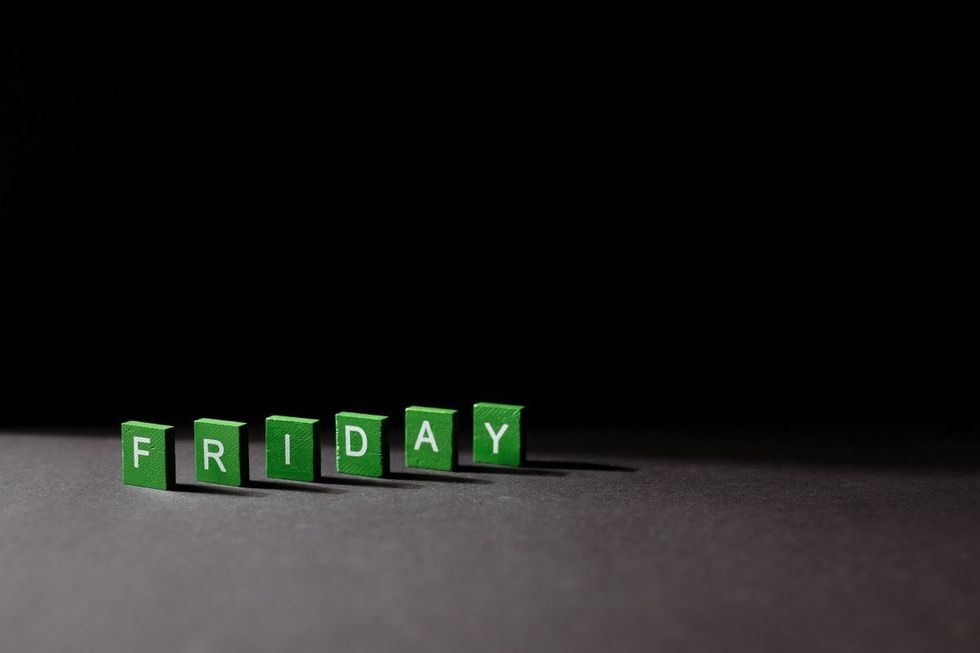
Talking to the outlet, folklore historian Donald Dossey told a Norse myth of a lavish feast in the abode of gods where 12 guests were present. However, the 13th guest Loki, the god of mischief, arrived uninvited and tricked Hoder, the blind god of darkness into shooting an arrow through Balder the Beautiful, the god of joy. The death of Balder caused the Earth's realm to sink into darkness and it was marked as an unlucky day. A similar story is associated with Friday the 13th in Christianity as well. As the story goes, Judas Iscariot, the traitor who betrayed Jesus, was the 13th guest in the infamous Last Supper.
The Book of Genesis also contains events related to the ill-fated Friday, the 13th. According to History, Eve supposedly gave Adam an apple from the Tree of Knowledge on a Friday. Another notable incident is when Cain killed his brother Abel on a notorious Friday. Many such fables and myths transpired over the centuries leading to a fear towards this unlucky number.
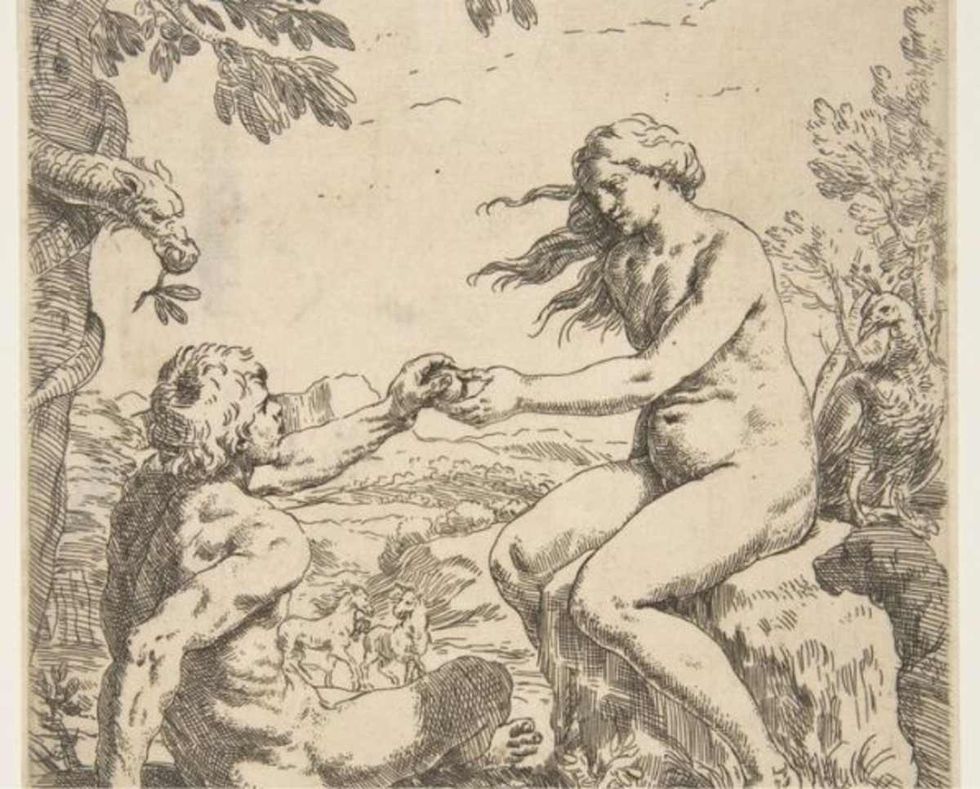
The reputation of the number 13 stooped even lower during the late 1800s when a man surprisingly started advocating in favor of it, per Smithsonian Magazine. Captain William Fowler attended Public School number 13 in Manhattan, was a part of 13 organizations, built 13 New York buildings, fought in 13 Civil War battles, and performed several significant life events on the 13th day of the month. He organized the "Thirteen Club" with high-profile members like Chester A. Arthur, Grover Cleveland, Benjamin Harrison, and Theodore Roosevelt.
Modern society gave its own twist to the doomed date with the moniker "triskaidekaphobia" and by including it in popular media. The 1980 movie "Friday the 13th" is one to get credit for inducing the fear of this date in people. The movie did more than just drag people to the theaters. It also made them exit the shows, forever dreading the day and the date.
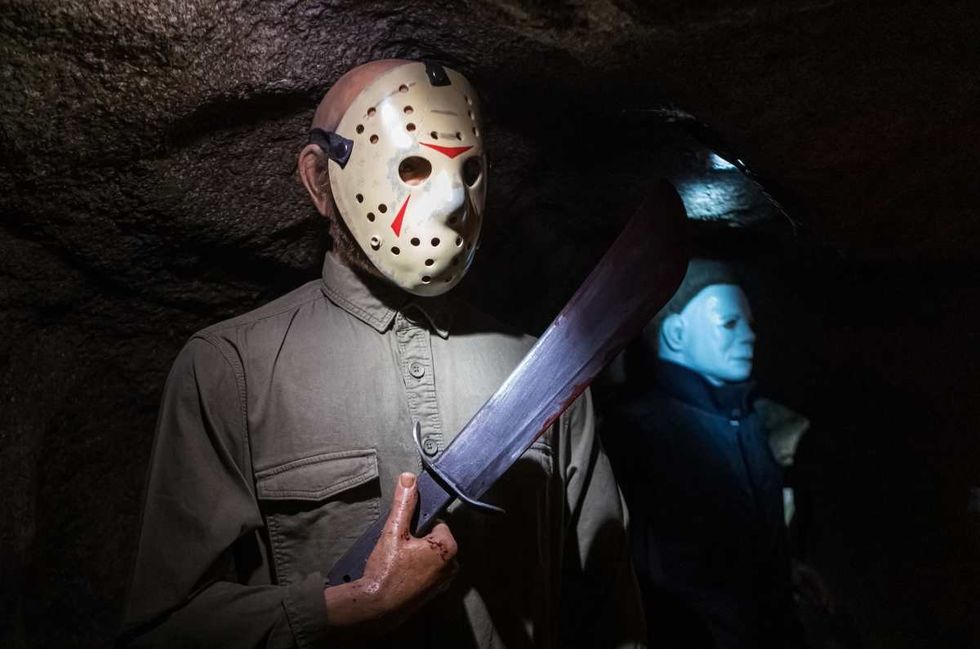
The film and its gory details remained etched in the hearts and minds of horror enthusiasts and regular audiences alike. According to The Washington Post, Jason Voorhees, the primary antagonist of "Friday the 13th," became a pop culture icon in no time. The hockey mask-wearing and machete-wielding fictional character was born on Friday the 13th of 1946. Voorhees grew up to be a large and deformed man who never spoke a word and became responsible for hundreds of on-screen deaths. Even though there is no concrete evidence regarding when people started hating the day and the number together, it is still something that irks millions worldwide.





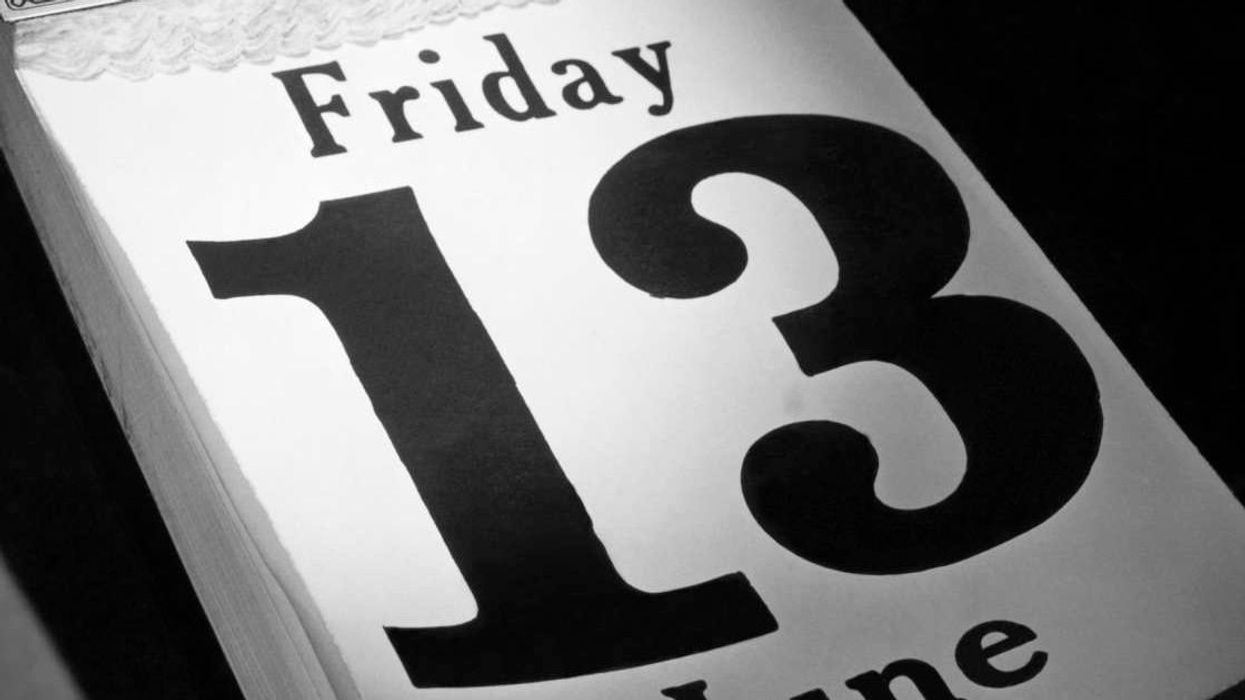












 As mayor of Stockton, Calif., Michael Tubbs ran a pioneering program that provided a basic income to a limited number of residents.
As mayor of Stockton, Calif., Michael Tubbs ran a pioneering program that provided a basic income to a limited number of residents.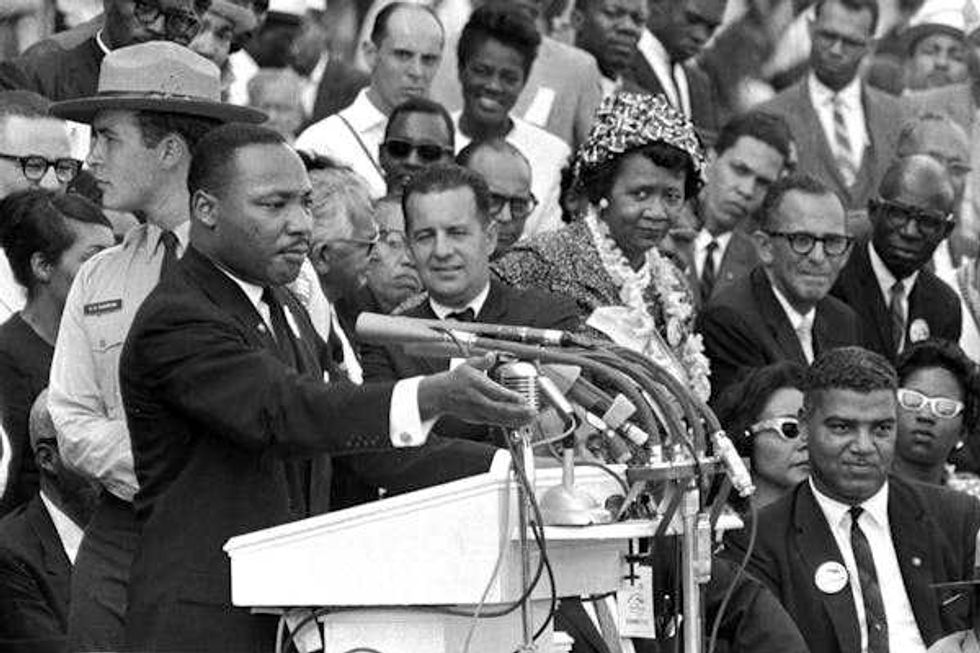 Martin Luther King Jr. believed Americans of different racial backgrounds could coalesce around shared economic interests.
Martin Luther King Jr. believed Americans of different racial backgrounds could coalesce around shared economic interests.
 Image frmo Scientific Reports of ancient artwork. Image Source:
Image frmo Scientific Reports of ancient artwork. Image Source:  Image frmo Scientific Reports of ancient artwork.Image Source:
Image frmo Scientific Reports of ancient artwork.Image Source:  Image frmo Scientific Reports of ancient artwork.Image Source:
Image frmo Scientific Reports of ancient artwork.Image Source: 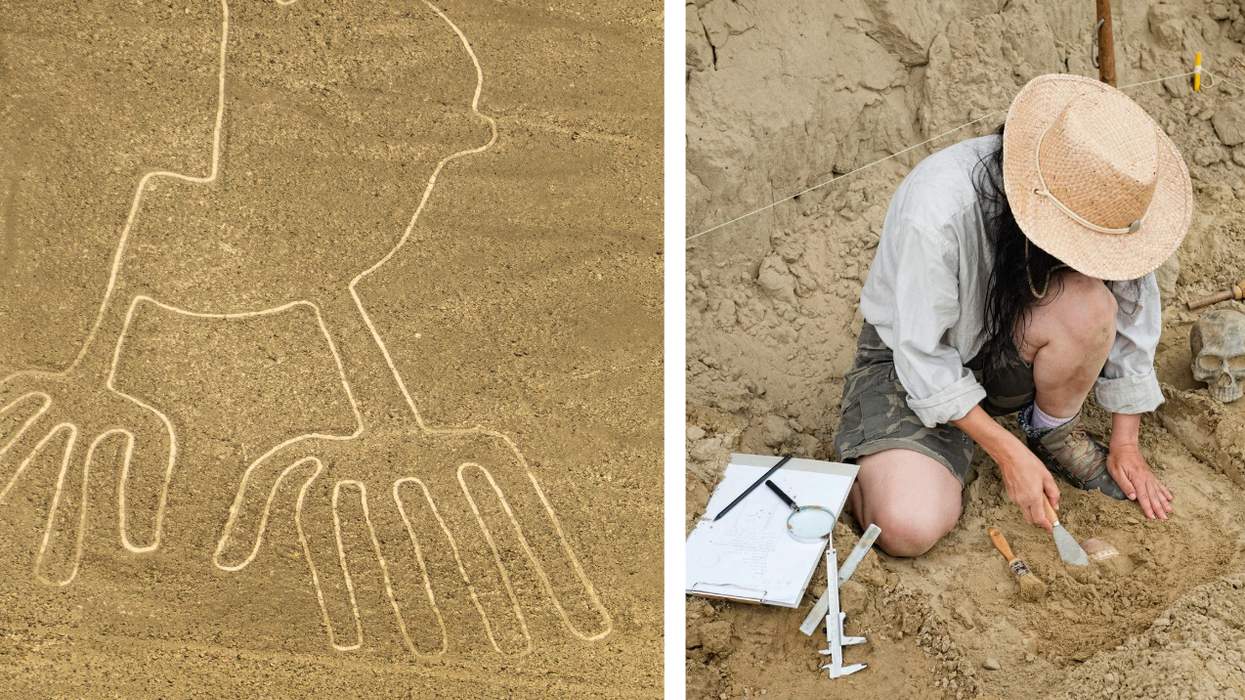

 It's difficult to imagine seeing a color and not having the word for it. Canva
It's difficult to imagine seeing a color and not having the word for it. Canva
 Sergei Krikalev in space.
Sergei Krikalev in space. 


 The team also crafted their canoe using ancient methods and Stone Age-style tools. National Museum of Nature and Science, Tokyo
The team also crafted their canoe using ancient methods and Stone Age-style tools. National Museum of Nature and Science, Tokyo The cedar dugout canoe crafted by the scientist team. National Museum of Nature and Science, Tokyo
The cedar dugout canoe crafted by the scientist team. National Museum of Nature and Science, Tokyo